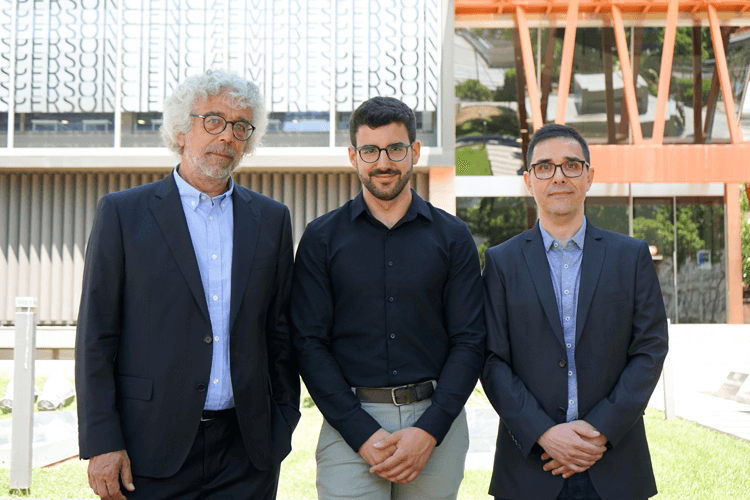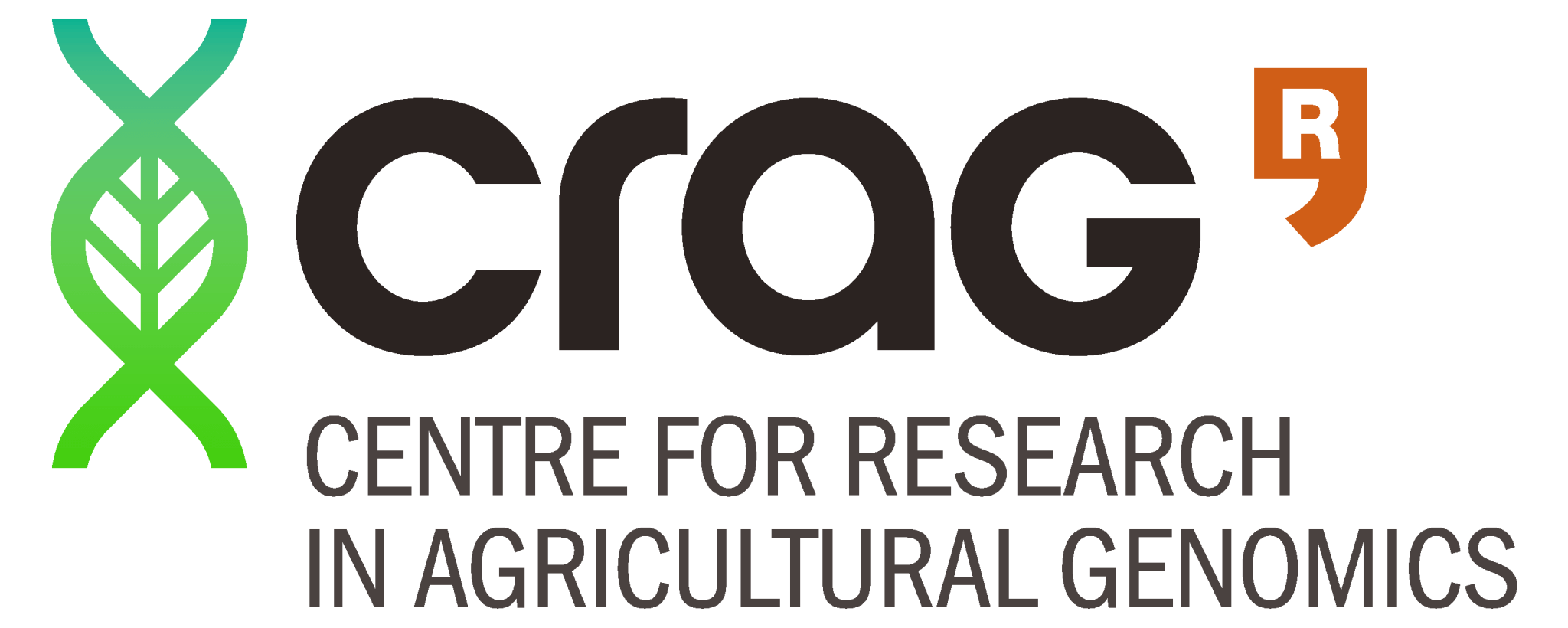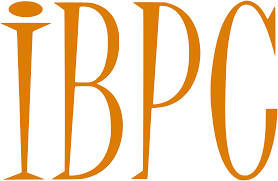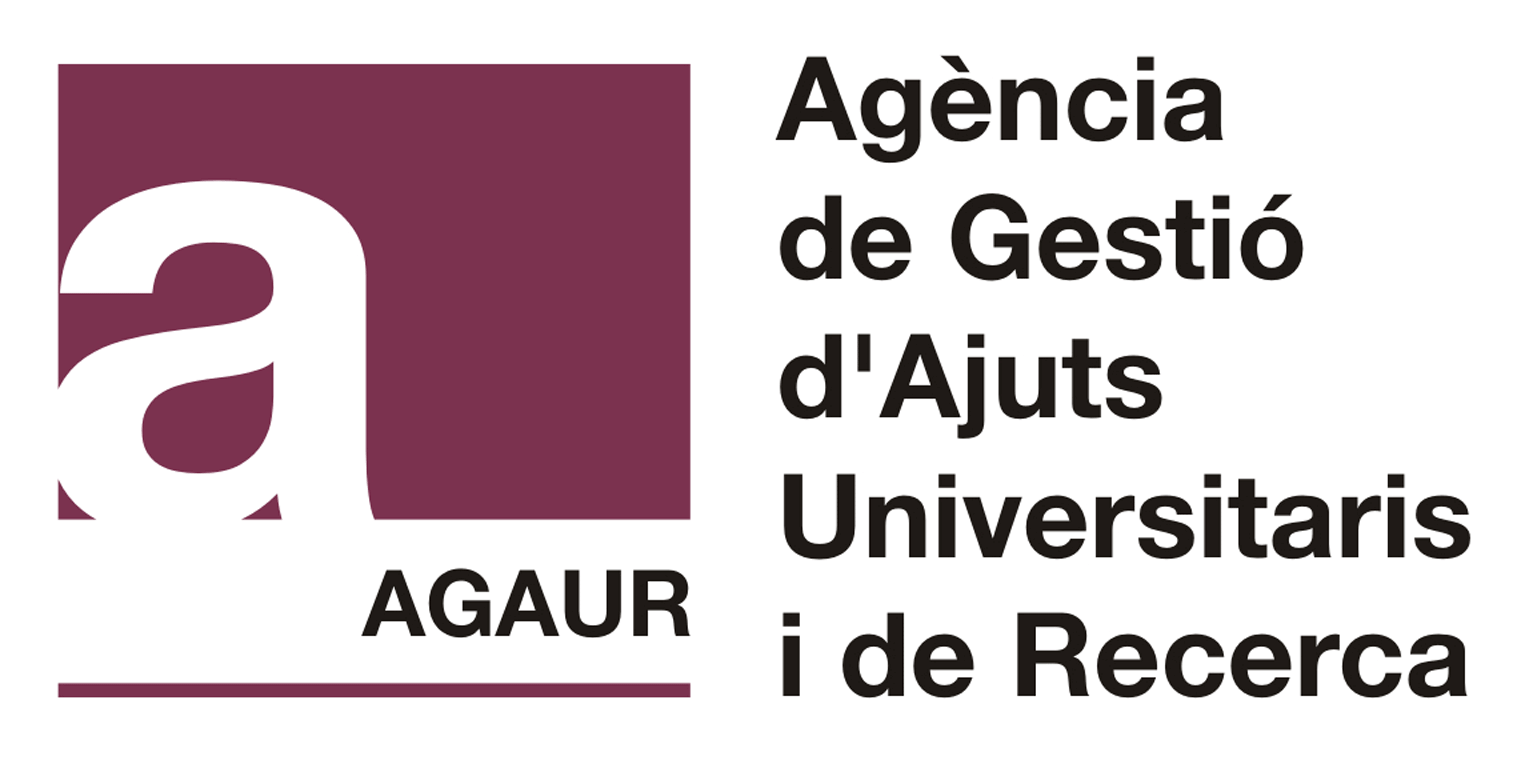A Platform for Sustainable Glycolipid Production

Glycolipids are a large family of amphiphilic molecules, with a polar part formed by one or more sugar units and a lipid apolar part. These compounds have vast industrial and pharmacological interest thanks to their physicochemical and biological properties, with various applications in different sectors including biodegradable surfactants, or bioremediation, as drug delivery vehicles, or as immunostimulants. Despite this, their use is limited by the difficulties presented by their chemical synthesis and the lack of regiospecificity in the molecules obtained by this route.
One of the strategies that appears to be very promising for the production of glycolipids is metabolic engineering in cellular platforms, which, by introducing the enzymes necessary for their synthesis, provide the metabolites necessary to synthesize and obtain the desired product.
Within this context, Dr Bernat Miró Vinyals recently conducted his doctoral thesis in the Department of Bioengineering and Biochemistry Laboratory at IQS. Entitled “Genetic and metabolic engineering of the microalgae Chlamydomonas reinhardtii for the sustainable production of bioactive glycolipids,” the thesis was jointly supervised by Dr Antoni Planas Sauter and Dr Pau Leivar Rico with the Biological and Biotechnological Chemistry Group (GQBB) at IQS.
Creating a green cellular platform
Dr Bernat Miró’s research focused on the transformation of photosynthetic organisms, specifically the microalgae Chlamydomonas reinhardtii, in small cellular factories to produce industrial products of interest in a biotechnological manner, in this case rhamnolipids, glycolipids widely used in industry.
This microalgae has been widely studied as a unicellular eukaryotic model and presents a large battery of molecular and genetic tools, such as its sequenced genome and methodologies for its transformation and genetic manipulation. In addition, it is presented as a safe microalgae, or Generally Recognized As Safe (GRAS), and therefore has vast biotechnological potential. As a photosynthetic organism, it enables products of interest to be obtained from atmospheric CO2. Thanks to sunlight, it reduces the carbon footprint of the processes and makes them more sustainable.
In his research, Dr Miró explored two strategies for the production of value-added glycolipids, namely glycerolipids and rhamnolipids.
As a proof of concept, the first strategy sought to fine-tune the nuclear expression of the glycosyltransferase from Mycoplasma genitalium MG517 to create a new cellular reservoir of glycoglycerolipids in the microalgae Chlamydomonas reinhardtii. The expression of MG517 was detected, but its instability and low expression for gene silencing in microalgae did not make it possible to study the activity of the enzyme produced.
In the second strategy, two genes (RhlA and RhlB), were introduced and expressed in the chloroplast genome of Chlamydomonas reinhardtii with the aim of creating a green cellular platform for the production of biosurfactants such as rhamnolipids. This objective was achieved with genetic and metabolic engineering tools along with advanced analytical tools such as gas chromatography and UHPLC-QTOF. This platform has the potential to become a more sustainable and safer alternative for obtaining rhamnolipids than current production, with the pathogenic bacterium Pseudomonas aeruginosa.
Dr Bernat Miró’s research thus opens the doors to new methodologies and creates new proofs of concept on the microalgae Chlamydomonas reinhardtii, proposing it as a possible cellular platform for the bioproduction of glycolipids with added value through the use of solar energy and carbon dioxide, making a more sustainable, green, and responsible future possible.
The thesis was carried out in collaboration with Dr Elena Monte from the Centre for Research in Agricultural Genomics (CRAG) at the Autonomous University of Barcelona and Dr Katia Wostrikoff from the Physical and Chemical Biology Institute (IBPC) at the Sorbonne/CNRS in Paris.
Related publication
Bernat Miró-Vinyals, Margalida Artigues, Katia Wostrikoff, Elena Monte, Francesc Broto-Puig, Pablo Leivar, Antoni Planas, Chloroplast engineering of the green microalgae Chlamydomonas reinhardtii for the production of HAA, the lipid moiety of rhamnolipid biosurfactants, New biotechnology, 76 (29023), 1-12.
This doctoral thesis formed part of the Glycodesign project and has received a competitive grant for the recruitment of new research staff (FI) funded by the Government of Catalonia and European Social Funding.
RELATED PEOPLE:
Antoni Planas Sauter, PhD
RESEARCH GROUP
Biological and Biotechnological Chemistry
RELATED PROJECTS
GLYCODESIGN (Ingenieria enzimática)






